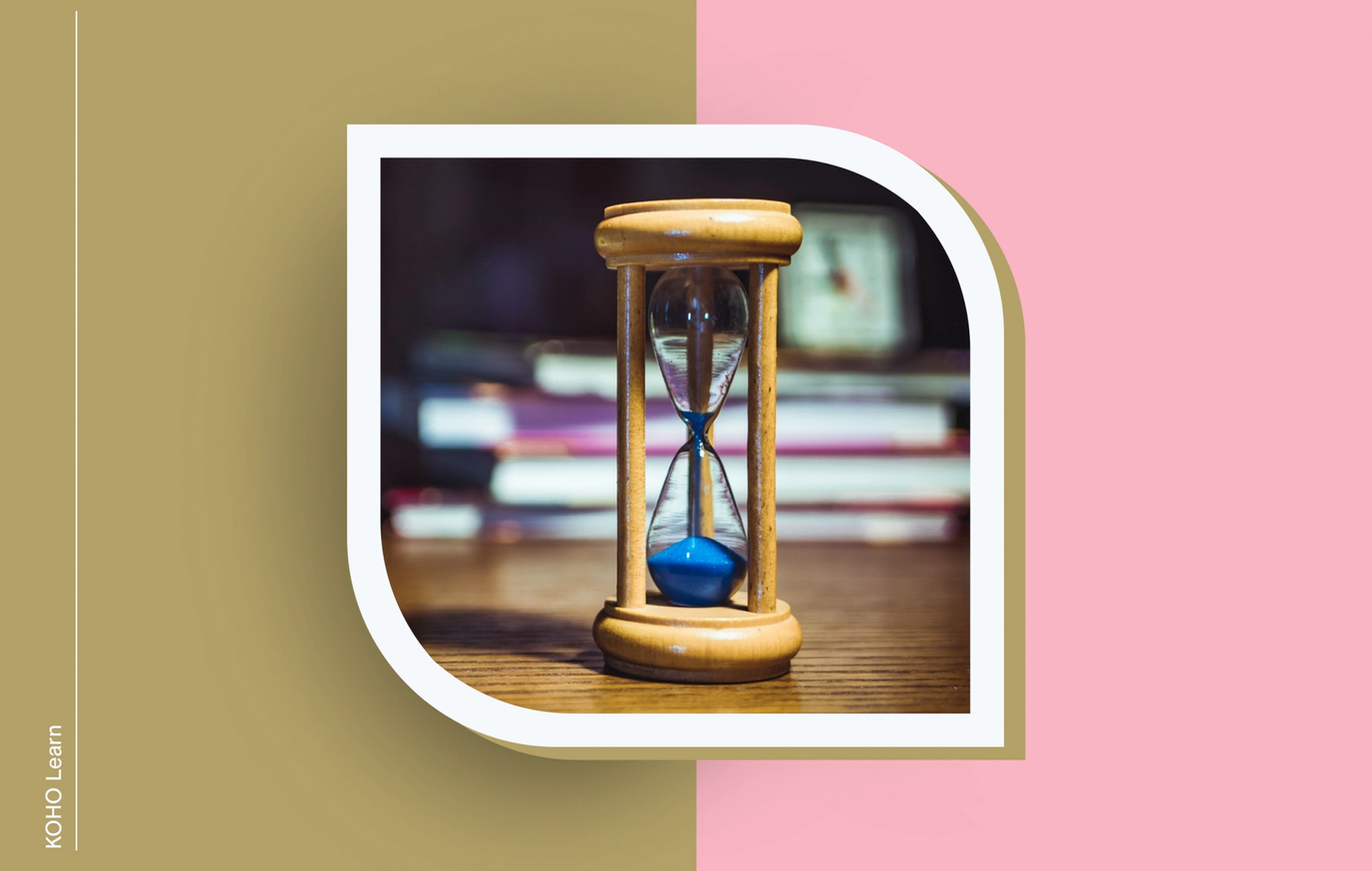A single unexpected emergency can lead to financial ruin if you're not prepared. Or, at the very least, it could put you in a big-time financial hole. When tragedy strikes, you need to have money put aside to get you through.
Having an emergency fund is integral to a solid financial plan, especially in uncertain times like global pandemics, recessions, or regional turmoil. One sudden job loss, interest rate hike, or medical emergency can affect anyone, which is why having an emergency fund acts as a safety net that provides peace of mind.
What is an emergency fund?
An emergency fund is a designated pool of money you set aside in case you suffer an unexpected expense, such as a job loss in the family, property damage not covered by insurance, a vehicle accident, or a sudden medical issue. An emergency fund helps you avoid debt and provides financial security during challenging times.
The ideal for an emergency fund is that you never need to spend it. It’s there in case you do need access to money in a hurry – but fingers crossed you don’t need it, because none of us wants to suffer an expensive emergency.
How Much Emergency Fund Should I Have?
The commonly advised amount for an emergency fund is three to six months' worth of living expenses. Not three to six months’ of income, but rather expenses. So, take all of your living costs for a month and multiply it. Think of things like insurance, rent, mortgage, groceries, gas, tuition, public transport, utilities, and whatever else you spend on every month. This number may vary per person or household based on individual factors. For example, someone with children or a high-cost mortgage might need to save more than someone without these financial obligations.
Three to six months' expenses is not a number set in stone, of course. People with mortgages will likely need to have a larger emergency fund (more like six months’ expenses) than a renter (who might only need three months’ worth). People with variable incomes, like seasonal workers, people reliant on sales commissions, and freelancers, should also save a larger emergency fund.
What is a High Interest Savings Account?
A High Interest Savings Account (or HISA) is much like a traditional savings account with one notable difference: much higher interest rates. HISAs offer interest rates up to 3% and sometimes even higher, which can be about 10x higher than traditional savings accounts. Some HISAs might have a few minor inconveniences – such as a cap on monthly transactions, monthly fees, or slower processing times – but they remain a convenient and handy place to put aside money, all while growing your cash faster.
Is Using a High Interest Saving Account as an Emergency Fund Okay?
In short, yes!. A High-Interest Savings Account (HISA) in Canada can be a fantastic option for your emergency funds. As a HISA offers higher interest rates, your money works harder for you and compounds its growth over time. Additionally, HISAs provide ready access to funds, a critical aspect of an emergency fund. Other investment vehicles (like GICs or stocks) which should be avoided for emergency funds, even if their returns are higher – because your funds might be inaccessible, or you could lose your fund entirely if the stock market tanked.
KOHO Savings Opportunities
KOHO offers a range of financial tools that can fit into a larger personal finance strategy. Their savings and reward programs help you grow your wealth, not just manage it. And make sure you’re staying informed with KOHO’s credit and savings guides to further enhance your financial well-being.

About the author
Sam Boyer spends, invests, budgets, and writes. He enjoys writing about things he wishes he’d learned earlier — like spending, investing, and budgeting. A journalist originally from New Zealand, Sam has written extensively about consumer affairs, insurance, travel, health, and crime.
Read more about this author